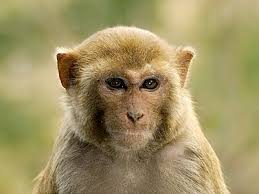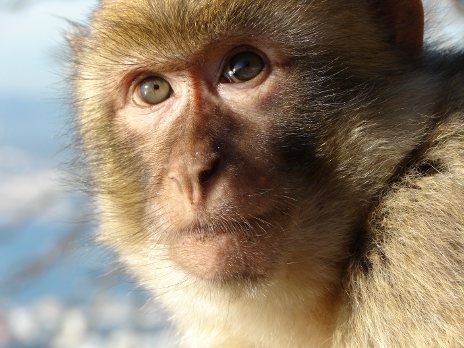
Naive Rhesus Peripheral Blood Mononuclear Cells (Rhesus PBMCs)
Non-human Primates (NHP) are the closest phylogenic relatives to man. They are often indispensable in biomedical and psychological research. The rhesus monkey is the most widely used laboratory primate. They are a small, Asian old world monkey which are often used in research due to ease of rearing in captivity. Rhesus monkeys can thrive in a variety of climates and habitats. They measure about 47–64 cm (19–25 inches) long, excluding the furry 20–30-cm tail. Females average about 8.5 kg (19 pounds) and males 11 kg. Rhesus monkeys live in groups consisting of several adults of both sexes and their young; males leave the troop at maturity, whereas females tend to stay in the troops in which they were born. Sexual maturity occurs between two and three years of age.
NHP (Rhesus) Peripheral Blood Mononuclear cells (Rhesus PBMC) are isolated by density gradient from fresh whole blood. Peripheral Blood Mononuclear Cells (PBMCs) are blood cells with a single round nucleus. These cells are parts of the immune system which are critical to cell-mediated and humoral immunity.
All HumanCellsBio Non-Human Primate whole blood is collected by venipuncture from animals housed within the United States. Our standard anticoagulant is heparin but samples can be collected with other anticoagulants if upon request. You can also specify male or female.

Also available from 
Fisher Catalog No.:
- NC1952258 (Fresh, 10 million, Cat#: M5-011-F10M)
- NC1956449 (Frozen, 10 million, Cat#: M5-011-C10M)
- NC2101435 (Frozen, 20 million, Cat#: M5-011-C20M)
Our Product was utilized in:
- Vidal, Samuel J., et al. "Long-acting capsid inhibitor protects macaques from repeat SHIV challenges." Nature 601.7894 (2022): 612-616. https://doi.org/10.1038/s41586-021-04279-4






